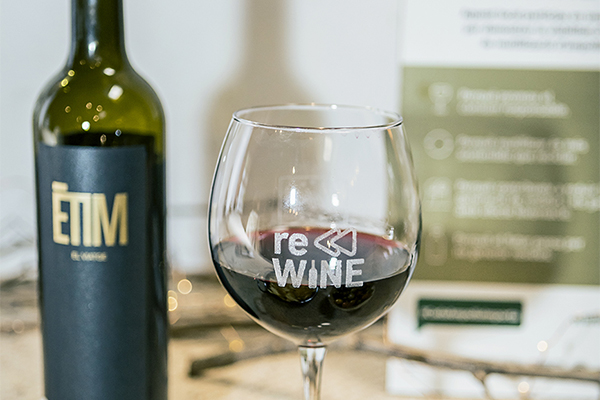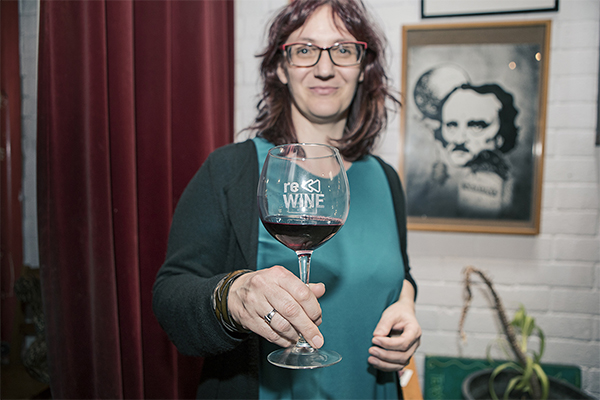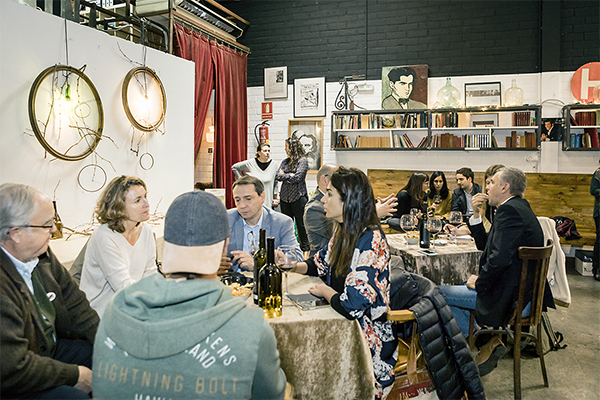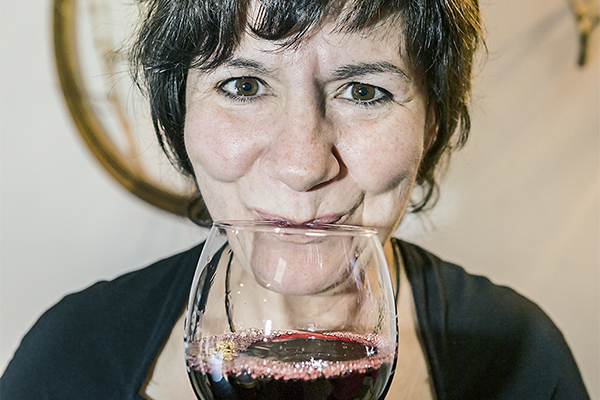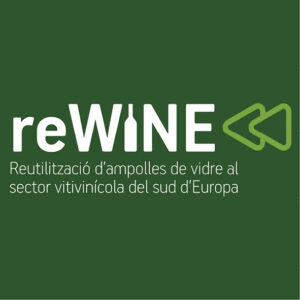The main objective of the reWINE project is to demonstrate the viability of a sustainable system for the collection, cleaning, and reuse of glass bottles in the Catalan wine industry.
The project involves consumers, producers, bars, restaurants, wholesalers and shops to make a pilot study of the reuse of wine bottles, from washing, labelling, bottling and distribution on the market and until their collection.
reWINE has a total budget of 991,309€, of which 60% is provided by the European Union, and will take place from September 2016 to December 2019.
Reuse, even though it is a priority in the European waste management scheme, is undergoing a clear reduction in Catalonia. According to data from ADISCAT (Association of beverage and food distribution and logistics companies of Catalonia), reusable packaging only represents 19% of the total number of packages on the market and are limited to the hospitality industry.
Wine containers are not currently reused by any of their distribution channels, not even in hotels, restaurants and catering companies, as occurs in other drink industries such as the containers for soft-drinks or beer.
This is why, the reWINE project plans to identify the opportunities and barriers for reuse wine bottles through experimental data that enable ensuring its technical and health related viability and quality, and determine whether it could be a cost effective solution for companies and the environment.
The wine industry is one of those most affected by climate change as the vines and the quality of the wine a largely dependent on atmospheric conditions. This is why new techniques and strategies must be implemented to reduce the carbon footprint.
The system for reuse wine bottles proposed by the reWINE project considered the whole process of the bottle, from its washing, labelling, and distribution on the market to the collection of empty bottles, and involves wine producers, waste collection centres, restaurants, shops and consumers.
Labelling and introduction on the market: The producers bottle the wine and label the bottles. The bottles leave the producers premises and are put on the market.
Collection: The wine bottles are collected through different channels before being washed and reused:
Producers
Waste collection centres and recycling plants
Restaurants
Shops
Transport: The empty bottles are transported to the washing facility.
Washing and re-use: The empty bottles are cleaned in the washing facility and returned to the producers to begin the cycle again.

